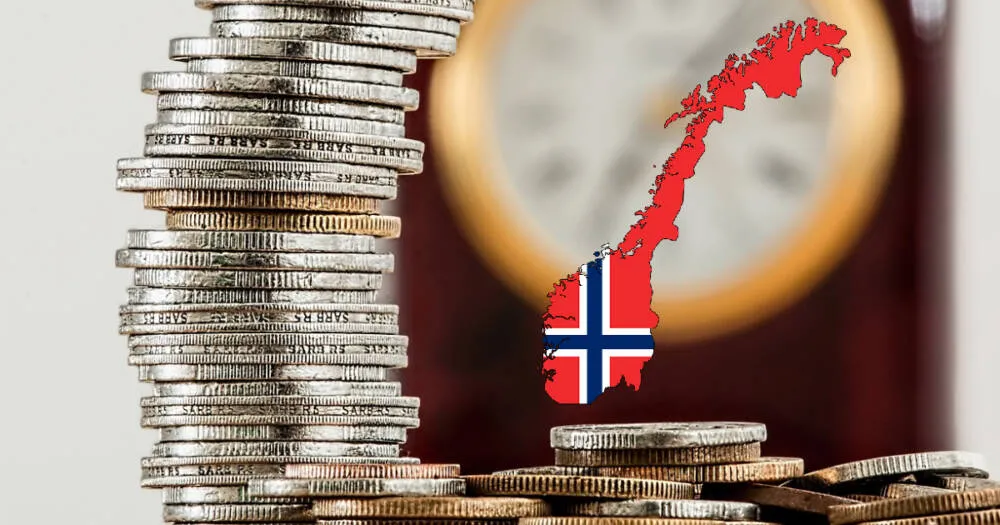: Key aspects of the Scandinavian country's economy
Norway is one of the richest countries in the world and finance plays a key role in the development and stability of the Norwegian economy. The country is famous for its wealth of natural resources, including oil, natural gas, fish and geothermal waters. Additionally, Norway enjoys political stability, which contributes to a favorable business and investment environment.
Basic economic indicators of Norway
Norway's Gross Domestic Product (GDP) is one of the highest in the world. Norway records a high rate of economic growth, thanks to, among others, investments in the oil sector, renewable energy, fishing industry and modern technologies. Foot unemployment in Norway is relatively low, and employment indicators indicate a good condition of the labor market. Norway's monetary policy is stable and inflation remains at a manageable level.
Norwegian oil sector
Norway is one of the largest producers of crude oil and natural gas in Europe. The oil sector plays an important role in the Norwegian economy, generating significant income from the export of energy resources. In addition, Norway has the world's largest sovereign fund, known as the Norwegian Oil Fund, which pools revenues from the oil sector and invests them domestically and internationally. In recent years, Norway has been working intensively for the energy transition, investing in renewable energy and green technologies.
Tax model of Norway
Norway's tax system is based on the principle of progression, which means that people with higher incomes pay higher tax rates. Norwegians are burdened with relatively high taxes, but in return they receive a wide range of public services such as health care, education, infrastructure, social benefits and social security. Taxes are an important source of financing for these services and are an integral part of the Norwegian social model.
Social financial balance
Norway is known for high wages and good working conditions. This country has an extensive social welfare system, which includes, among others: paid parental leave and a wide range of social benefits. Norway also places great emphasis on investing in education and health, which contributes to social financial sustainability. Moreover, Norwegians have a well-developed pension system that encourages saving for the future and ensures financial stability for seniors.
The role of banks and the financial sector
Norway has a solid banking system and financial regulations that ensure the stability and security of the sector. The Norwegian Central Bank, known as Norges Bank, is responsible for the monetary policy, inflation control and financial stability of the country. In addition, Norway has a developed capital market that allows both domestic and foreign entities to invest. The country is also an environment conducive to financial innovation and a growing fintech sector.
Challenges and development prospects
Norway faces various challenges and development prospects. One of the most important is sustainable development and the fight against climate change. Despite the wealth of energy resources, Norway actively invests in renewable energy and strives to reduce greenhouse gas emissions. The country also faces demographic challenges related to an aging population and ensuring adequate resources for pensions and healthcare.
Read our next article: Positive prospects in the labor market...
The prospects for technological development and the startup sector in Norway are promising. The country is investing in the development of new technologies, such as artificial intelligence, robotics, offshore energy and digital solutions. In addition, Norway maintains close contacts with other European countries and strives for European integration, which affects Norwegian finances and opens up new development opportunities.
Summation
Norway is distinguished by its financial and social stability, making it one of the richest and most developed countries in the world. Norway's key financial aspects include the oil sector, the tax system, social financial balance, the role of banks and the financial sector. The country is facing challenges related to sustainable development, demographics and European integration. Norway also has prospects for technological development and a startup sector that contribute to innovation and economic growth. Norway, being a leader in the field of renewable energy and green technologies, has the potential to become a center of innovation on a global scale.



